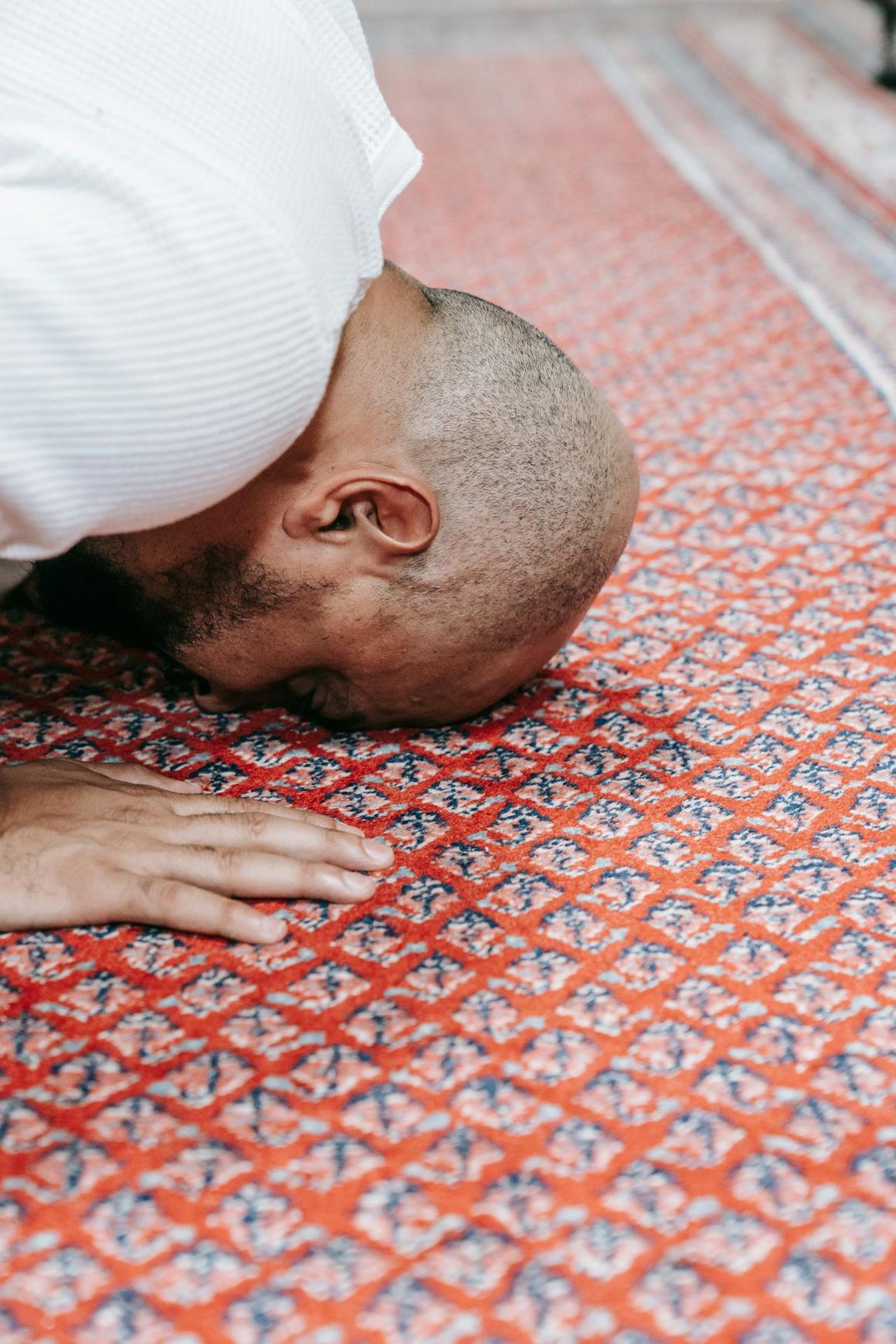Addiction is a pervasive issue that affects millions of people worldwide, regardless of their background or beliefs. For Muslims, faith can serve as a powerful tool in overcoming addiction and finding inner peace and strength. This article explores how Islamic teachings and practices can help individuals overcome addiction.
Understanding Addiction from an Islamic Perspective
In Islam, the concept of addiction is often seen as a form of disobedience, because it implies putting something else before one's commitment to Allah. The Quran and Hadith emphasize self-control and moderation, which are essential in overcoming any addictive behavior.
Key Principles for Overcoming Addiction
Du'a (Supplication): Regularly pray for strength and guidance. The Prophet Muhammad (peace be upon him) taught us to seek help from Allah through du'a. For example, you can say: "O Allah, help me with my sins."
Finding a Companion: Share your struggles with trusted friends or family members who can support you spiritually and emotionally. The Quran emphasizes the importance of mutual support:
And cooperate in righteousness and piety, but do not cooperate in sin and aggression. And fear Allah;Quran 5:2
Seeking Guidance from Scholars: Consult knowledgeable scholars or imams who can provide spiritual guidance and advice.
Regular Worship: Engage in regular prayer, fasting, and other forms of worship to strengthen your faith. Prayer (Salah) is a direct connection with Allah and can bring peace and clarity.
Reading the Quran: The Quran is a source of comfort and guidance. Regularly reading and reflecting on its verses can provide spiritual strength and motivation.
Tafakkur (Contemplation): Engage in deep reflection to understand why you are addicted and how it impacts your life and faith. The Quran encourages contemplation:
Indeed, in the creation of the heavens and the earth and the alternation of the night and the day are signs for those of understanding.Quran 3:190
Surrounding Yourself with Positivity: Avoid environments that trigger your addiction. Seek out positive influences, whether through community events, educational programs, or supportive groups.
Engaging in Productive Activities: Find healthy hobbies and activities that can distract you from addictive behaviors and provide a sense of accomplishment.
Tawbah (Repentance): Regularly seek Allah’s forgiveness through sincere repentance. The Prophet Muhammad (peace be upon him) said:
Allah accepts the repentance of those who repent of sins...Prophet Muhammad
Practical Steps to Overcome Addiction
Set Clear Goals: Define what overcoming addiction means for you and set achievable goals.
Create a Support Network: Build a support system of family, friends, or a community group that can provide encouragement and accountability.
Develop Healthy Routines: Establish daily routines that include worship, healthy eating, exercise, and rest.
Stay Committed to Faith Practices: Consistently engage in Islamic practices like Salah, Zakat (charity), and Sawm (fasting) to strengthen your connection with Allah.
Overcoming addiction is a challenging journey, but it can be made easier by relying on the guidance and support provided by Islam. By seeking help from Allah, building a supportive environment, nurturing faith through regular worship and reflection, and committing to positive change, individuals can find the strength and resilience needed to overcome their addictions.
May Allah grant you the strength and wisdom to overcome your challenges and lead a life of righteousness and peace. Ameen.


